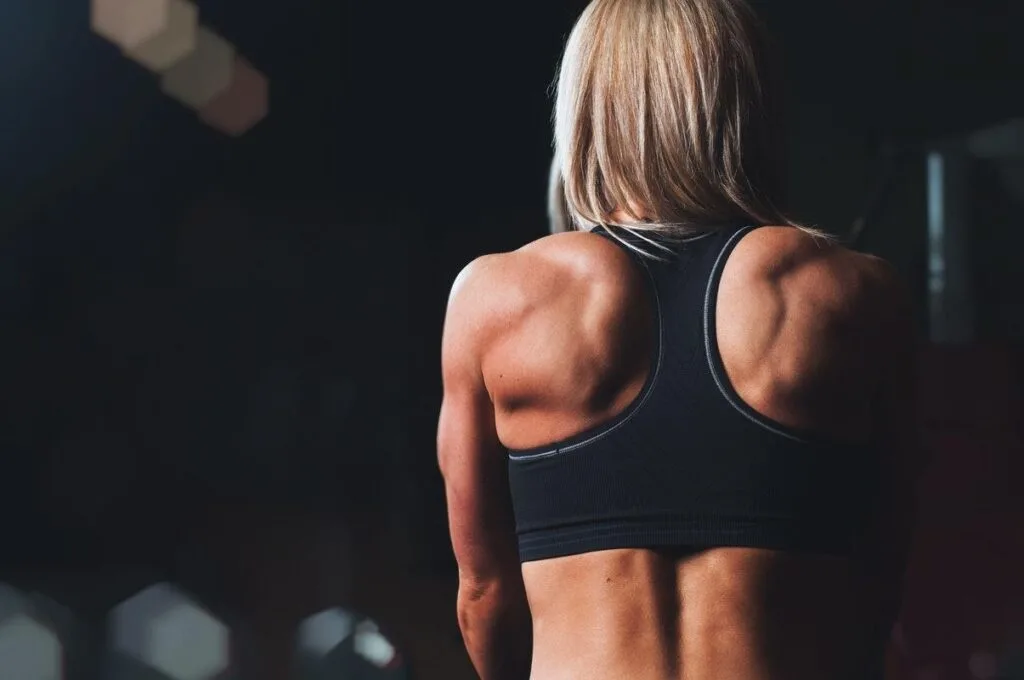Hormones are messenger substances produced in an organism and transported in tissue fluids such as blood or sap to stimulate physiological activities of the body.
Hormones have different impacts on the functioning of your body.
While muscle gain is vital as you age, hormonal imbalances affect your growth.
Eating a balanced diet and routine exercising will help you strengthen your muscles, although your hormones matter.
It’s pretty frustrating to increase effort in taking care of your muscles gain when you fail to get results.

Different hormones are associated with developing and improving your muscles, as we shall see from this blog.
How Hormones Affect your Muscles
Before concluding that your hormones affect your muscle gain process, it’s good to appreciate that not all hormones are harmful.
Some are good which function in response to the associated muscles.
When working out, hormones respond to the muscles that are in action only.
It’s worth noting that two types of hormones surround your muscles when working out and after anabolic and catabolic.
Anabolic means using energy, while catabolic means releasing energy.
The most basic hormone for muscle growth is anabolic, which helps in energy consumption.
There are four different types:
- Human Growth Hormone (HGH)
- Testosterone
- Insulin
- Insulin-like growth factor-1 (IGF-1)
How does HGH affect muscles?
HGH is a substance that stimulates and controls your overall body growth. Balancing the hormones ensures uniformity in muscular cells and other cells that bring changes in your body.
HGH increases lean body mass and protects your muscles from catabolism.
Produced by the pituitary gland, growth hormone is responsible for cell production, regeneration, muscle size and strength.
Growth hormone helps repair the injured muscles and tissues after exercising, boosting fat burning and increasing muscle mass.
The anabolic hormone occurs naturally and is available as a treatment and supplement, although its risks.
How does testosterone affect muscles?
Testosterone is the primary anabolic hormone that plays a vital role in muscle adaptation after exercising. It is synthesized from cholesterol produced by Leydig cells in males and the ovaries in females.
Although produced at different levels in men and women, there is no observable difference in intramuscular testosterone concentration.
Known to regulate a few ergogenic, anabolic and anti-catabolic functions in muscles, testosterone also affects the development of bones and tissues (connective and neural).
They, in turn, lead to higher energy levels, muscle strength, power endurance, and hypertrophy which is evidenced by the development of muscles in adults.
However, most bodybuilders and athletes use supplements that are not good as they increase health risks. Thus, forcing a ban from the sporting competitions.
How does insulin build muscles?
Essential for life, insulin regulates the metabolic process that provides the body with energy while boosting muscle development.
Understanding how to increase insulin levels to ensure your body functions well is vital for general wellness.
It’s considered an anabolic hormone because it helps in cell breakdown and stores nutrients.
This main character makes it vital for bodybuilding which is coupled with exercising and a balanced diet. Insulin deficiency leads to muscle fall out which causes protein catabolic.

Does IGF-1 cause muscle hypertrophy?
These hormones are secreted from different cells in the body.
They originated from failed elimination of insulin activity after the experimental serum treatment with antibodies. Thus the name “insulin-like”.
Although secreted mainly by the liver in response to growth hormone, insulin growth factors are vital to the overall body functions. IGF-1 decreases with age and is increased by regular exercising.
Other hormones necessary for muscle gain and development include cortisol, norepinephrine, epinephrine, and glucagon, responsible for increased glucose levels, which help exercise.
How to Enhance Muscle Gain
You don’t need to break the bank to achieve a balanced diet. Readily available different food portions and taken at the right time constitutes a balanced diet.
Foods rich in protein are essential for increased body mass, carbohydrates come in handy when boosting your muscle development and uplifting your energy levels.
Thus the secret to a balanced food diet is mastering the art of placing the right portions of different types of food on your plate.
Again there is food that you eat before exercising and those that you eat after.
Knowing the best time for each will help in boosting your muscle gain.
Muscle gain is highly achieved when exercising. In addition, eating fewer carbs ensures increased HGH, just like when fasting routinely.
To achieve the best out of a workout schedule, ensure:
- You eat enough proteins after a workout to regulate your testosterone level
- You maintain a protein intake ratio of 3:1 after a heavy workout.
- You carry glucose water to drink during a workout as it helps in maintaining your energy level.
- You don’t use energy boosters and supplements as they pose health risks.
Hormones are responsible for body functions thus affect muscle gain.
Anabolic hormones are the best in the production of muscles cells.
Although a combination of processes ensures muscle gain, hormones, especially testosterone, play a crucial role.